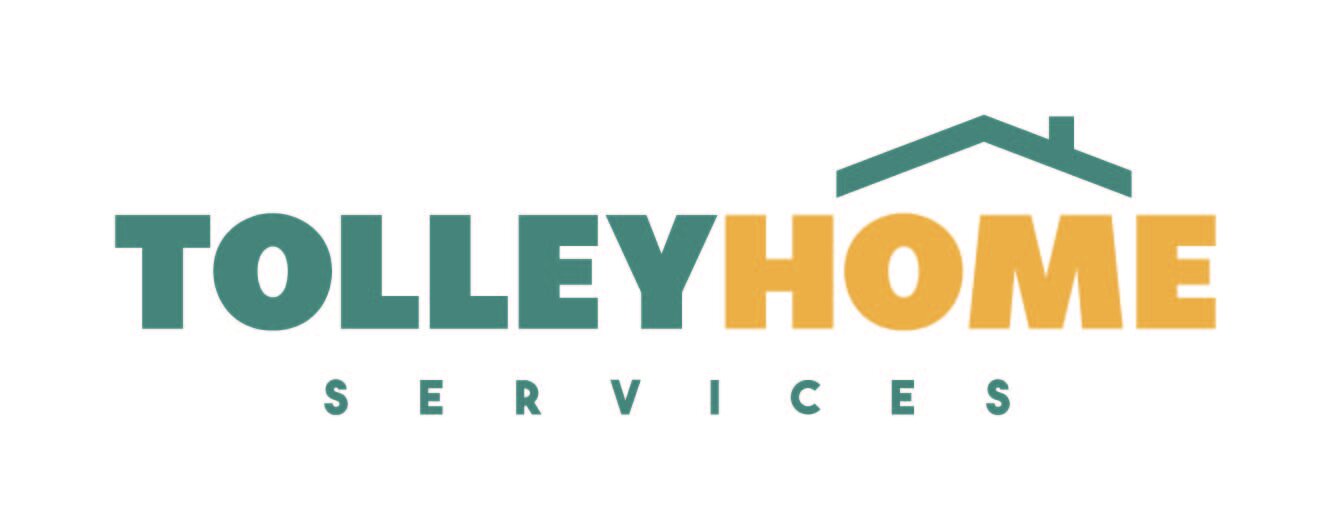FREQUENTLY ASKED QUESTIONS…
(This section is constantly developing and being updated)
Q. How often should I have my chimney swept?
Chimneys with solid fuel appliances - smokeless fuels/biomass at least once a year, house coal at least twice a year. Chimneys with wood burning appliances - quarterly when in use. Chimneys with gas or oil appliances - once a year
Q. How can I find a good sweep?
A reputable sweep should be registered with a trade body (we are trained and registered with the National Association of Chimney Sweeps) and also HETAS. They should also be able to provide their training certificate if requested.
Q. What paperwork should I expect to receive after my sweep is completed?
A good sweep should issue with a signed certificate, advising how it was swept, what deposits were removed, any advise or advisory notes and when your next sweep should take place.
Q. Does my chimney require sweeping for insurance purposes?
Put simply yes, your chimney should be swept a minimum of every 12 months to ensure you are covered under house insurance
Q. Does my property require a carbon monoxide alarm?
All properties should have a carbon monoxide alarm.
Q. What is HETAS?
HETAS (Heating Equipment Testing and Approvals Scheme) is the only specialist organisation approving biomass and solid fuel heating appliances, fuels and services. This also includes the registration of competent retailers, installers, servicing engineers and chimney sweeps.
Q. Can I install my stove myself and then get it approved?
It is a legal requirement to notify any solid fuel installation in England and Wales to the relevant Local Authority Building Control either via a Competent Person Scheme such as HETAS or directly to the council.
An application would need to be made to your Local Authority Building Control prior to installation if you intend to carry out the work yourself or if your installer is not registered with a Competent Person Scheme that covers the installation of solid fuel appliances. A HETAS registered installer can only notify work they have carried out themselves.
We strongly recommend the installation is carried out by a HETAS registered installer to ensure the installation is safe and complies with relevant Building Regulations.
